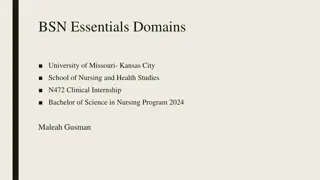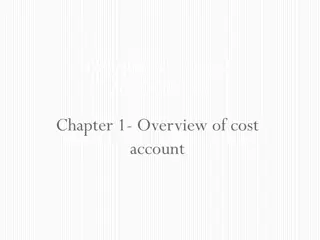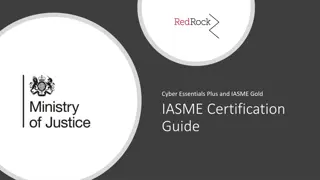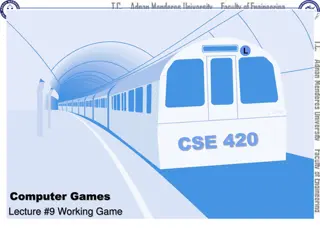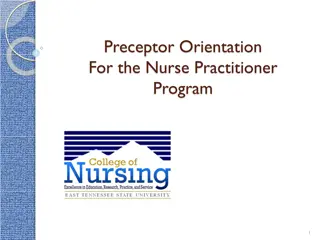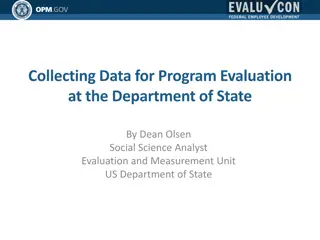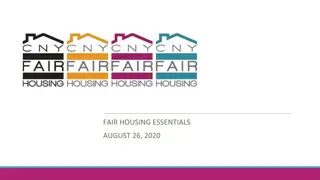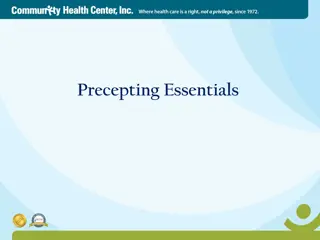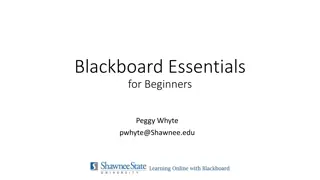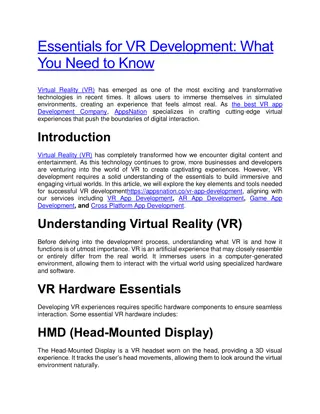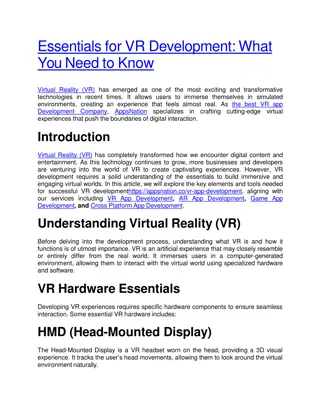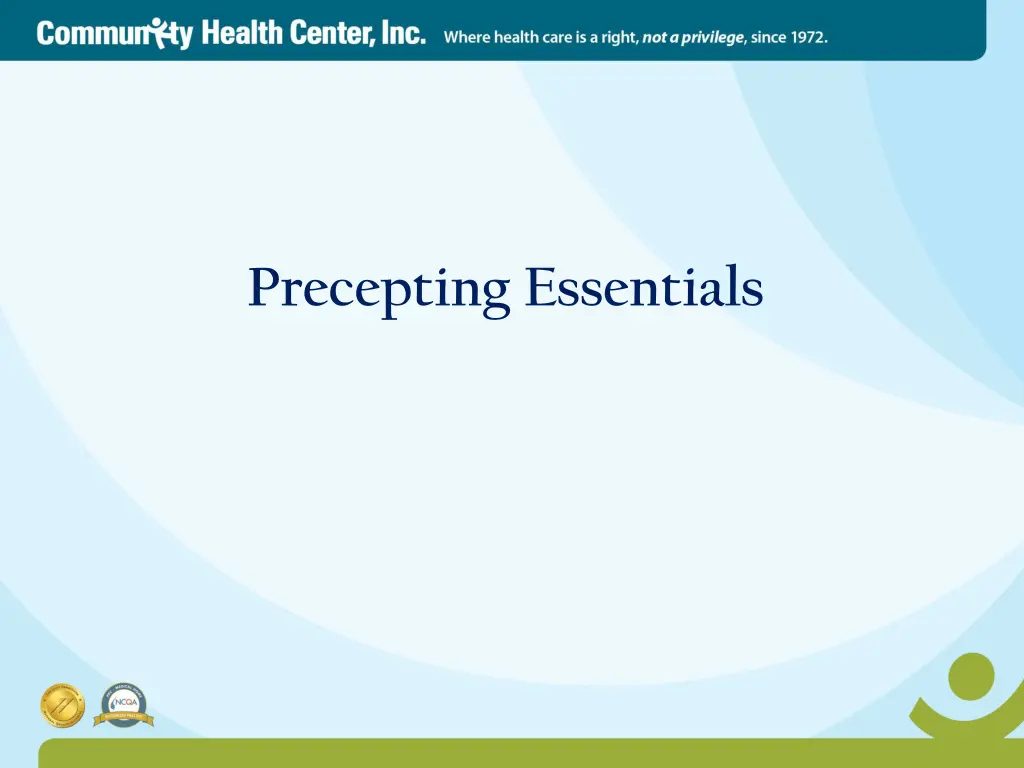
Clinical Precepting Essentials and Handling Vulnerable Situations
Empower yourself with precepting essentials to assist intelligent learners effectively. Learn to handle vulnerable clinical situations with empathy and skill, guiding residents through challenging cases towards effective solutions for patient care.
Download Presentation

Please find below an Image/Link to download the presentation.
The content on the website is provided AS IS for your information and personal use only. It may not be sold, licensed, or shared on other websites without obtaining consent from the author. If you encounter any issues during the download, it is possible that the publisher has removed the file from their server.
You are allowed to download the files provided on this website for personal or commercial use, subject to the condition that they are used lawfully. All files are the property of their respective owners.
The content on the website is provided AS IS for your information and personal use only. It may not be sold, licensed, or shared on other websites without obtaining consent from the author.
E N D
Presentation Transcript
You have a lot to share You are assisting intelligent people who have good learning ability Nobody knows everything. It s OK to express what you don t know This may give the resident an opportunity for self education It s also an opportunity for you to do some reading to strengthen and expand your own clinical abilities
Be open to taking the larger role of a mentor for a resident but individual personality and needs will determine to whom a resident turns outside of the session Recognize when the right time to teach presents itself vs. when you need to help the resident focus on moving forward in the session It s OK to give the answers sometimes but remember: the resident will learn more by discovering or reasoning the solution
Vulnerable Situations The difficult patient An overwhelming clinical situation Too sick Too many chronic and acute problems Patient not responding to treatment Personal issues affecting the resident Learning how to handle one s own behavior and recognize one s own reactions is an essential part of becoming an effective clinician setting up a sustainable mindset for one s career it takes time and the learning may be painful
Vulnerable Situations Finding one s own way of responding to these cases is where the art of medicine lies Be careful not to be too directive when there may be different solutions It s OK to say I often handle these things this way, but it s important to find your own approach Help the resident chunk the issues into more manageable challenges When the case feels overwhelming, that s often because the patient is overwhelmed. Help the resident recognize how her own feelings and responses may be the key to figuring out the dilemma at hand
Vulnerable Situations Rarely, you may choose to rescue a resident from such a situation Engage the difficult patient yourself See one of the other patients to give the resident more time Give her a way to temporize and then debrief later when not under such time pressure Give the resident one thing not to worry about unfreeze just forget about the CBC results for now; then you ll be able to move forward with your thought process
The One Minute Preceptor: 5 Microskills for Clinical Teaching Attribution: Kay Gordon, MA; Barbara Meyer MD, MPH; and David Irby PhD developed this teaching tool at the University of Washington, Seattle
Microskill 1: Get a Commitment Cue: After presenting the facts of a case, the resident then waits for a response or asks what to do What do you think about this case? The preceptor assesses the learner s level of understanding this way and can tailor the teaching
Microskill 2: Probe for supporting evidence Cue: The resident then looks to you to confirm the opinion or suggest alternative Ask the resident for evidence for his opinion and against other possibilities You will again be encouraging the resident to think things through while assessing learning level.
Microskill 3: Teach general rules Cue: You have ascertained (during 1 and 2) that you know something about the case which the resident needs or wants to know Provide general rules, concepts, or considerations, and target them to the learner s level of understanding.
Microskill 4: Teach them what they did right Cue: The resident has handled a situation (or a part of one) in an effective manner Take the first chance you find to comment on the specific good work and the effect it had This will reinforce skills that may not be well established. This will also make microskill # 5 gentler
Microskill 5: Correct Mistakes Cue: You notice omissions, distortions, or misunderstandings As soon as it is appropriate, but in the appropriate place. Take care not to embarrass the resident such as in front of the patient First, allow the resident to critique his performance Correct the error Teach general rules

